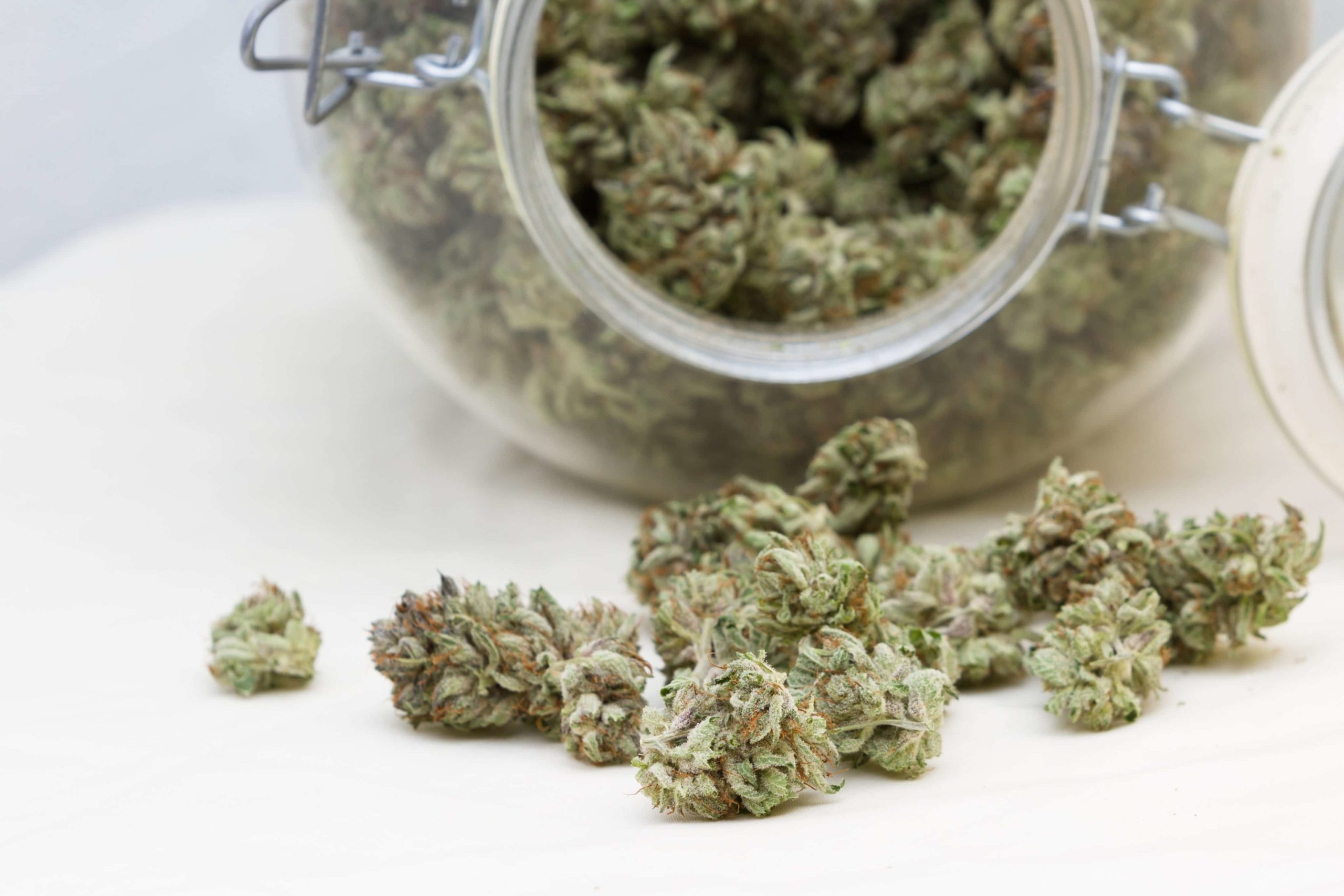
Colorado sets new record with annual sales of $423 million as of 2021
The state of Colorado reports a new record amount of revenue for 2021, including updated sales data for total taxes and fees collected since 2014, when legal sales began.
The Colorado Department of Revenue (DoR) announced Jan. 11 that the state had set a new record for total annual cannabis sales. “New record alert! In 2021, Colorado amassed over $423 million in marijuana revenue (compared to the previous record of over $387 million in 2020). Colorado has also to date surpassed $2 billion in tax and fee revenue and $12 billion in marijuana sales,” the agency wrote on its social media pages.
A detailed press release informed that monthly data for December 2021 reached $30,609,563 in tax and fee revenue (with a total of $423,486,053 between January and December 2021) and $2,018,933,005 since February 2014.
Similar to cannabis sales, the latest data showed that in November $158,462,549 (with a total of $2,060,952,959 between January and November 2021) and since legal sales began in January 2014 totaled $12,039,747,032 were collected.
These numbers are based on the state sales tax (2.9 percent), retail cannabis sales tax (15 percent), and retail cannabis excise tax (15 percent). The DoR notes that official cannabis sales data will not be released until sometime in February 2022.
October, November and December sales data have been reported to have declined, with both cannabis sales and prices falling below the usual rate. The price of smokable flower per pound fell 28 percent ($1,316 to $948, according to Westword) over the last three months of 2021 in relation to the average market price (AMR). In comparison, the AMR reported a price of $1,721 per pound at the end of 2020.
However, Washington and California states raked in $3 billion and $3.1 billion in tax revenue, respectively, compared to Colorado’s $2 billion new revenue. Of course, Washington sales tax is up to 46 percent in certain regions and California sales tax is up to 38 percent. Colorado’s tax percentage is the third highest in the country.
According to Karen O’Keefe, director of the Marijuana Policy Project, Colorado’s cannabis industry is more resilient, resulting in a steady flow of cash to the state. “When you have that kind of funding, economists say, you have what’s called a multiplier effect, where not only do you have the initial investment in the businesses, the jobs, and the tax revenue, but the money is in the pockets of the people who take it back.” spend,” O’Keefe told Westword. “So it’s like every dollar is two or three dollars, which is how economists usually see it.” She also notes that this long-term investment has resulted in the creation of 40,000 jobs and over 1,000 businesses in Colorado.
“Some of the more recently taxed states are focused on targeting a good portion of revenue to target communities that have borne the brunt of marijuana prohibition and have had disproportionately high marijuana arrests,” O’Keefe continued. “You’re just going to keep seeing more tax revenue, more people working in the cannabis industry and running cannabis businesses.”
The Colorado cannabis industry as a whole is thriving in many other ways as well. Earlier this year, Gov. Jared Polis signed an executive order pardoning 1,351 cases related to convictions for cannabis possession of two ounces or less. Psychedelic decriminalization is also on the rise in Colorado, with two potential ballot measures proposed by New Approach PAC. One bill proposes the legalization of several different psychedelic substances such as ibogaine, DMT, mescaline, psilocybin and psilocin, while the other bill focuses only on psilocybin and psilocin.

Post a comment: